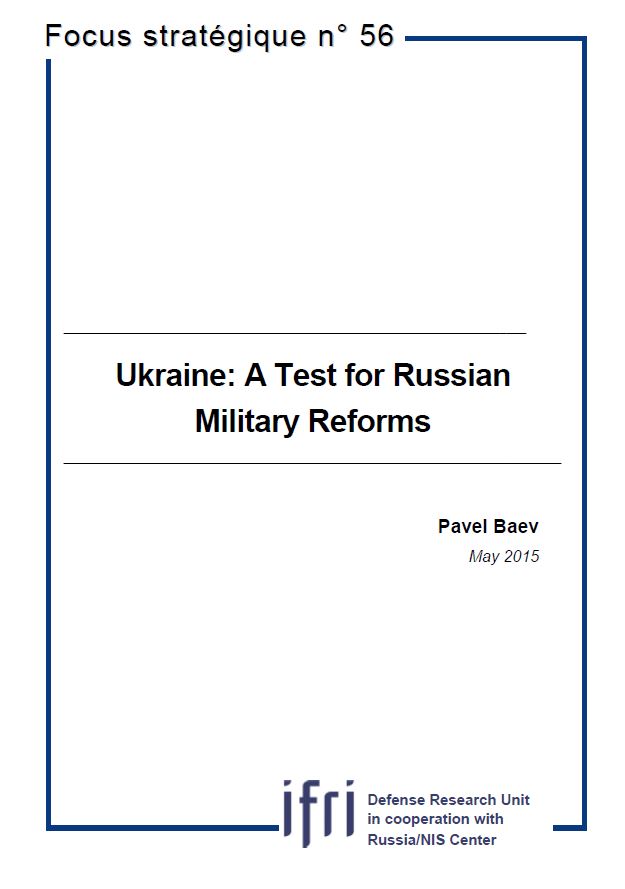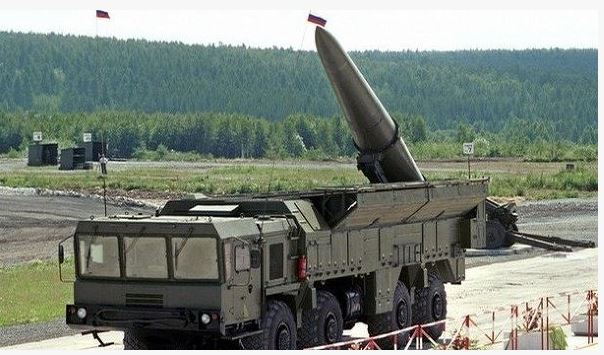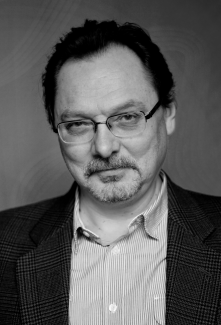Ukraine: a Test for Russian Military Reforms

In the recent years Russia has made a significant effort in favor of modernizing its armed forces which allowed it to execute the swift annexation of Crimea in March 2014.

Nevertheless, the deteriorating economic situation casts doubts on Russia’s ability to continue these ambitious reforms. This is especially true for the Strategic Forces which will have to face a reevaluation of the priority they were given in 2010. Uncertainties still linger over the future missions and capabilities of both the Navy and the Air Force. In the meantime, the ground forces, and especially the Special Forces (Spetsnaz) components, have to adapt to “hybrid warfare” in Eastern Ukraine while maintaining their own modernization process.
This Focus stratégique was produced in cooperation with the Russia/NIS Center.
Download the full analysis
This page contains only a summary of our work. If you would like to have access to all the information from our research on the subject, you can download the full version in PDF format.
Ukraine: a Test for Russian Military Reforms
Related centers and programs
Discover our other research centers and programsFind out more
Discover all our analysesThe Franco-German Brigade and the Revival of European Defense
One thing has been clear since Donald Trump's return to the White House: the very existence of the European unification project is threatened. Unless it develops a sovereign defense policy to counter the war in Ukraine and the weakening of American security guarantees, the European Union will continue to see its internal cohesion and external attractiveness wane.
Taking the Pulse: Can Europeans Build Their Independent Extended Nuclear Deterrent?
Confronted with a U.S. disengagement and the Russian threat, Europeans are reconsidering their stance on nuclear deterrence. Given the capabilities of the French and British arsenals, can Europe develop an independent nuclear deterrent?

RAMSES 2024. A World to Be Remade
For its 42nd edition, RAMSES 2024 identifies three major challenges for 2024.
A Transatlantic Defense Industrial Base? Two Contrasting Views
The evolving landscape of global defense cooperation has brought the transatlantic relationship between the United States (US) and Europe into sharp focus. As geopolitical tensions rise and the threat environment becomes more complex, the question of how Europe can best ensure its security while navigating its relationship with the United States has become paramount. This double feature report offers two contrasting views on the dynamics of US-Europe defense industrial relations, highlighting the challenges and opportunities that lie ahead for both parties.












